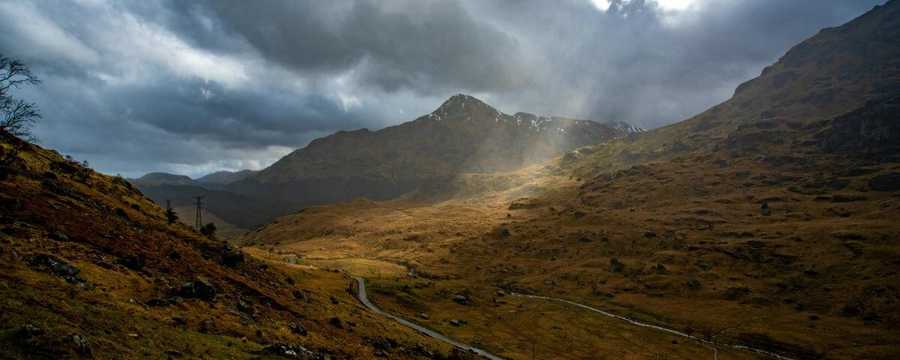Scattering Ashes in the UK
In the United Kingdom, scattering a loved one's ashes is not only a deeply personal moment but also an expression of final farewell that allows for significant personalisation.
While the process is generally straightforward, it involves a level of awareness regarding certain regulations and permissions to ensure that this final act of remembrance is carried out with the utmost respect and consideration.
This article aims to provide comprehensive guidance on scattering ashes in the UK, drawing on existing advice and regulations to help you navigate this process with care.
Legal Framework and Permissions
First and foremost, it's important to understand that in the UK, there are no explicit laws that outright prohibit the scattering of ashes on land or water.
This flexibility, however, comes with the implicit responsibility to seek permission from landowners or relevant authorities, a practice rooted in respect for private property and public spaces. Ask your funeral director if there is something we haven't covered in this article.
Scattering Ashes on Public Land
The first step for those considering public spaces such as parks, countryside, or open waters is to contact the local council or the administrative body overseeing the area.
While many public spaces are open to the idea, they may have specific guidelines or designated areas for such acts.
The rationale behind these guidelines often pertains to maintaining the sanctity of shared spaces while accommodating personal acts of remembrance.
Rivers and Seas
The scattering of ashes in rivers, lakes, or the sea is a choice many find comforting, symbolising a return to nature or the continuation of a journey.
The Environment Agency, overseeing waterways, does not mandate permits for scattering ashes. However, they recommend conducting such acts discreetly and away from areas designated for swimming or aquatic activities to respect the living and the sanctity of the act. Furthermore, containers or urns should be biodegradable to prevent environmental impact.
Private Land
Direct consent from the owner is indispensable when it comes to private property, including gardens or estates.
This gesture of seeking permission is a legal formality and an act of respect towards the property owner and the environment. Most landowners are sympathetic to such requests when approached with sincerity.
Cultural and Religious Dimensions
The act of scattering ashes carries profound cultural and religious significance for many. Various traditions and beliefs influence how, where, and when ashes should be scattered, making it crucial to honour these practices.
Whether it involves a quiet moment by a beloved river, a mountaintop farewell, or a ceremony with religious rites, acknowledging and respecting these traditions enriches the act, making it more meaningful for all involved.
Organising a Scattering Ceremony
A scattering ceremony provides a moment to collectively honour and remember the deceased, allowing for a shared expression of grief and remembrance.
Here are some considerations for planning such a ceremony:
- Location: Opt for a place that held special meaning to the deceased or offers solace and beauty, creating a fitting backdrop for the final farewell.
- Participation: Clearly communicate with attendees about the ceremony's nature, how they might contribute, and what to expect, ensuring a collective and inclusive atmosphere.
- Environmental Consideration: Choosing biodegradable urns and avoiding sensitive ecological areas underscores a commitment to environmental stewardship, even in mourning.
- Memorialisation: Consider ways to permanently mark the occasion, whether through a planted tree, a commemorative bench (with appropriate permissions), or a simple stone with an inscription, ensuring the loved one's memory lives on.
Professional Support and Guidance
For many, navigating the logistical and emotional complexities of scattering ashes can be daunting. This is where Fenix Funeral's expertise becomes invaluable.
Offering logistical support and emotional guidance, we can help tailor the ceremony to reflect the deceased's wishes and family's needs, ensuring the process is respectful, seamless, and meaningful.
For guidance and support in planning the scattering of ashes or any funeral service across the UK, Fenix Funeral is at your service. In the difficult moments of arranging a final farewell, our empathetic and knowledgeable team is committed to standing by your side.
We offer comprehensive assistance throughout the planning process, ensuring clarity and transparency in all our dealings. You can expect a straightforward, obligation-free quotation that fully respects your budget, with the assurance of no unexpected expenses. Let us help you honour your loved one’s memory with the dignity and respect they deserve.

